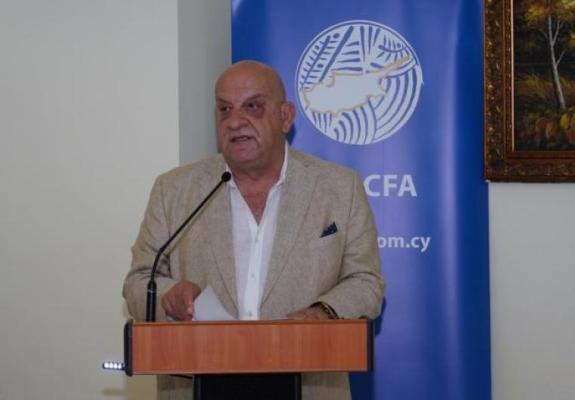Clash Over Sanctions Unit: Cyprus Bar Association Opposes Finance Ministry’s Plan
The CBA warned that the process was procedurally flawed and unconstitutional.
A heated disagreement emerged during a session of the House Finance Committee regarding the creation of the National Sanctions Implementation Unit, a new body under the Finance Ministry tasked with centralizing the enforcement of international, European, and national sanctions.
While key institutions including the Central Bank of Cyprus, the Securities and Exchange Commission, and the Banking Association broadly supported the legislative proposals—despite some reservations—the Cyprus Bar Association (CBA) strongly opposed the move, citing serious constitutional and institutional concerns.
The proposed unit, backed by three harmonization bills approved by the Cabinet in April, aims to consolidate existing structures and streamline the implementation of sanctions. It would merge two existing bodies and take on tasks such as issuing administrative fines, coordinating authorities, and overseeing asset freezes linked to sanctioned entities.
However, the CBA, represented by Pantelis Christofides, warned that the process was procedurally flawed and unconstitutional. Among their concerns: the use of English in official applications, bypassing parliamentary oversight, exclusion from consultations, and the erosion of professional confidentiality protections for lawyers.
>>Cyprus Approves Bills to Establish National Unit for Economic Sanctions Enforcement<<
The Finance Ministry countered that many of the CBA’s points had been addressed and expressed surprise at the Association’s public stance. The Legal Service defended the use of English as a practical working language and stressed that the new unit merely reorganizes existing frameworks.
Some other bodies, such as the Cyprus Public Audit Oversight Authority and the Institute of Certified Public Accountants, raised additional concerns about the need for the unit’s operational independence and suggested provisions to prevent circumvention of sanctions through offshore companies.
DIKO MP Christiana Erotokritou, chairing the committee, emphasized the importance of aligning with EU legislation on sanctions violations and expressed confidence that compromise could be reached before the harmonization deadline of May 20, 2025. She insisted that constitutionality concerns would be evaluated through the legislative process and that public consultation would continue in the coming week.






